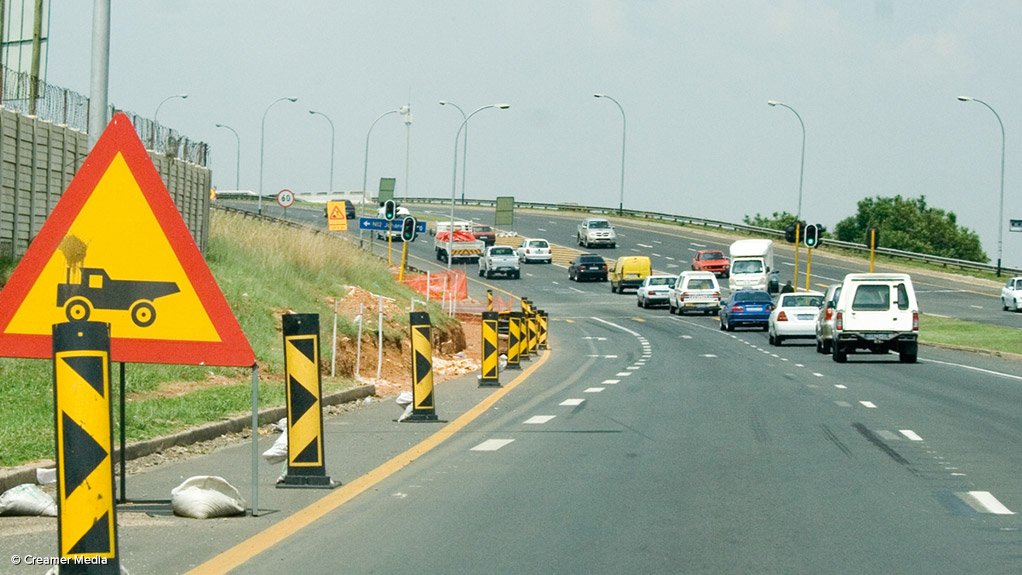Noting that it had made “great strides” in achieving its performance targets in the first quarter of the 2014/15 financial year, the Department of Public Works (DPW) said this week that it had attained 60% of its 81 listed targets, which it believed was an indication that the department had “stabilised” and was “starting to turn around for the better”.
Delivering its first-quarter performance report to the Parliamentary Portfolio Committee, the DPW acknowledged, however, that more work still needed to be done.
This after MPs expressed concern over the low expenditure pattern on departmental construction projects, which they believed had had a negative impact on service delivery and job creation.
“In response, the department pointed out the long timelines in site clearance processes by the municipalities before construction could begin and the poor performance by contractors once the job has begun.
“Processes of ensuring closer monitoring of project implementation have been put in place and contractors are being put on terms to enforce performance and execute the DPW’s right to charge them penalties,” it said in a statement.
According to the DPW, some departmental programmes had, however, exceeded their targets for the quarter, including the Expanded Public Works Programme, which had created over 420 000 work opportunities compared with a planned target of 262 000.
Some 76%, or 318 089, of these job opportunities were created in rural municipalities.
Similarly, about 22 514 properties in the Departmental Immoveable Asset Register were populated with relevant information fields against a target of 14 214, making them compliant with acceptable accounting systems and reducing the number of noncompliant properties.
The yearly target for 2014/15 was 56 871.
In addition, the physical verification of assets was moving “quickly”, with the National Asset Register currently at 95% of all physically verified immovable assets of the State.
“This is a first and a possible game changer in the battle by the department to improve its accountability,” it stated.
Meanwhile, in the supply chain management (SCM) environment, which the DPW said had been “a major problem in the past”, it achieved over 70% of its targets.
Processes were already under way to respond to challenges such as bottlenecks in the SCM processes, that had resulted in the nonachievement of certain targets.
EMAIL THIS ARTICLE SAVE THIS ARTICLE
To subscribe email subscriptions@creamermedia.co.za or click here
To advertise email advertising@creamermedia.co.za or click here











